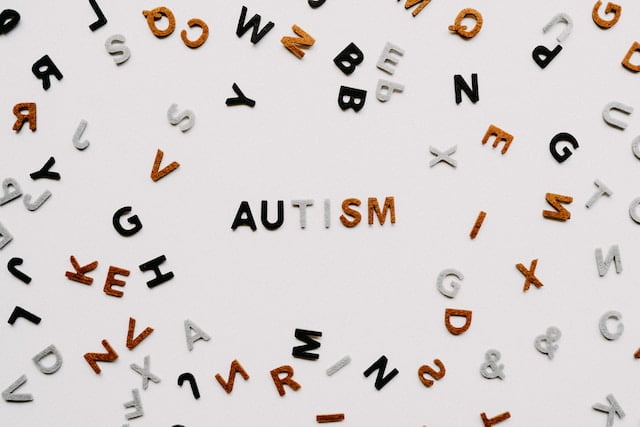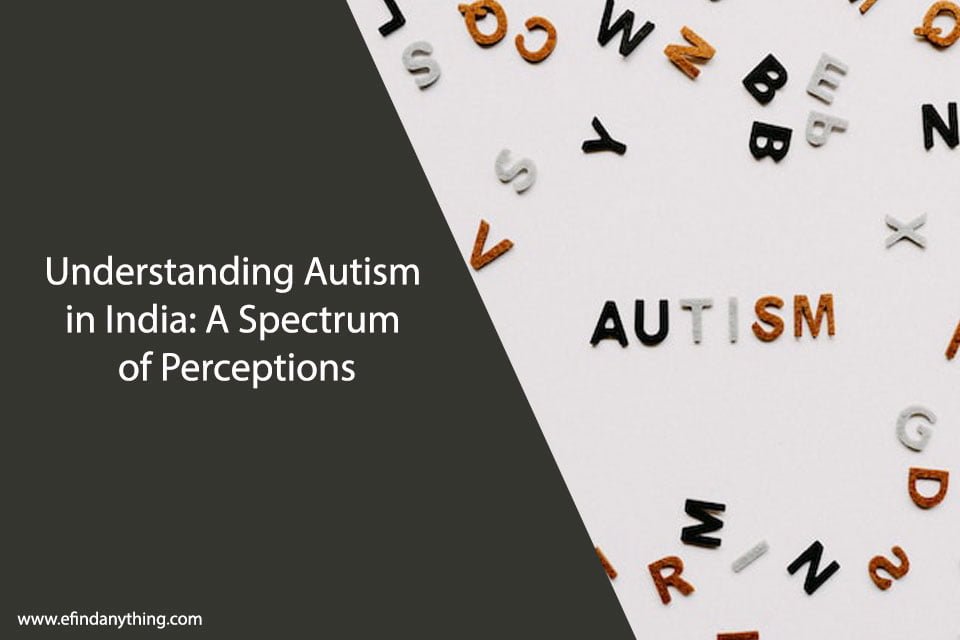
April 2nd marks World Autism Awareness Day, a day dedicated to raising awareness about autism and promoting acceptance and understanding of individuals living with this condition. In India, a diverse and culturally rich nation, perceptions of autism vary widely. This article explores how autism in India is perceived, shedding light on the challenges and progress made in recent years.
Table of Contents
1. The Spectrum of Awareness
Autism is a neurological condition characterized by differences in communication, social interaction, and behavior. In India, as in many parts of the world, awareness of autism exists along a spectrum. While some urban areas have made significant strides in recognizing and accommodating individuals with autism, there is still a lack of understanding in many regions.
2. Cultural Beliefs and Stigma
One of the key factors influencing its perception in India is cultural beliefs and societal norms. In some traditional Indian communities, autism may be attributed to supernatural causes or seen as a result of past karma, leading to stigmatization and isolation of affected individuals and their families. Such beliefs can create barriers to seeking professional help and early intervention.
3. Lack of Resources
The availability of resources for autistic individuals varies greatly across India. Urban autism center in India tend to have better access to diagnostic services, therapy centers, and educational facilities that cater to the needs of children and adults with autism. However, rural areas often lack such resources, leaving many individuals undiagnosed and unsupported.
4. Progress in Urban Areas
In major Indian cities, there has been notable progress in recent years regarding autism awareness and support. Autism center, though limited in number, have been established to provide diagnostic and therapeutic services. These centers play a pivotal role in educating parents and caregivers about autism and equipping them with the tools to help their loved ones lead fulfilling lives.
5. Advocacy and Parental Support
Parents and caregivers of individuals with autism have, no doubt, played a significant role in raising awareness and advocating for better support services. Support groups and organizations like the “Autism Parenting Association” have emerged, offering a platform for parents to share experiences and information. These groups also organize events and workshops to disseminate knowledge about autism.
6. Inclusive Education
One positive development in recent years is the growing acceptance of inclusive education in India. Some mainstream schools are now making efforts to accommodate children with autism and other disabilities, promoting social integration and providing opportunities for children to learn together.
7. Employment Opportunities
While the focus has primarily been on early intervention and education, there is a growing awareness of the need to create employment opportunities for adults with autism. Several organizations and companies are taking steps to provide training and employment for individuals on the autism spectrum, recognizing their unique skills and talents.
8. Media Influence
Media and television play a crucial role in shaping public perception, and this holds true for autism as well. TV shows and movies that feature characters with autism have helped to humanize the condition and challenge stereotypes. However, there is still work to be done to ensure accurate and sensitive portrayals of autism in the media.
9. Government Initiatives
The Indian government has taken several steps to address the challenges faced by autistic individuals. The “National Trust for the Welfare of Persons with Autism, Mental Retardation, Cerebral Palsy, and Multiple Disabilities” is a government body that provides financial assistance and support services to individuals with autism and their families.
In conclusion, awareness of autism in India is on an upward trajectory, with progress being made in urban areas and increasing advocacy efforts. However, there is still much work to be done to ensure that individuals with autism receive the support and understanding they deserve, regardless of where they live in the country. Establishing more autism care center, promoting inclusive education, and creating employment opportunities are vital steps toward improving the lives of individuals with autism.





